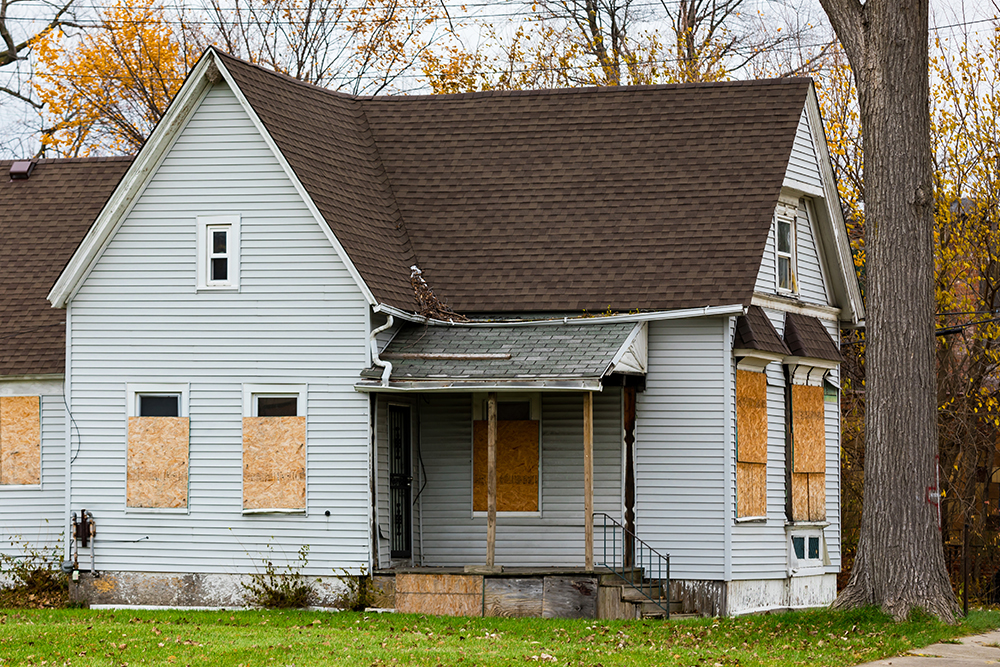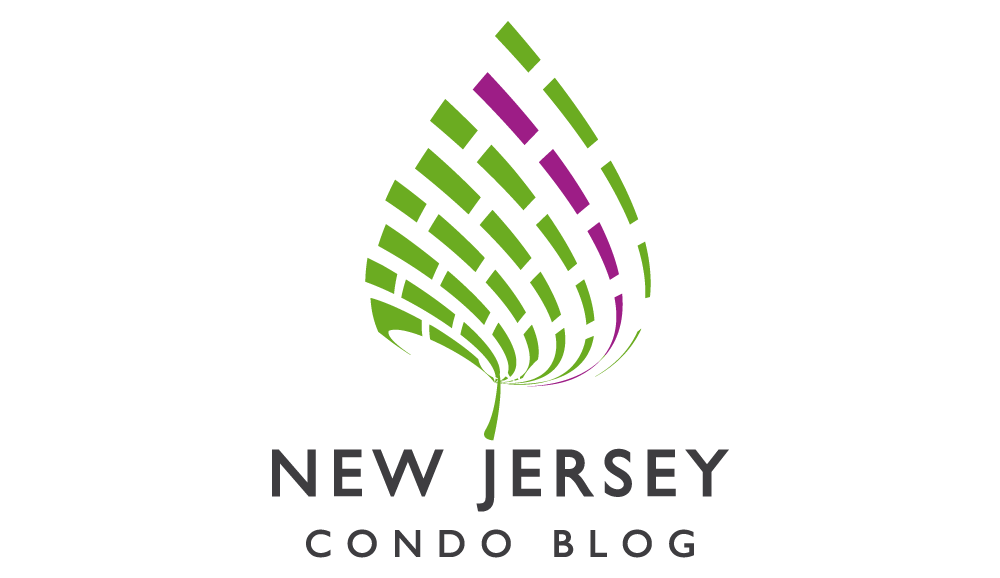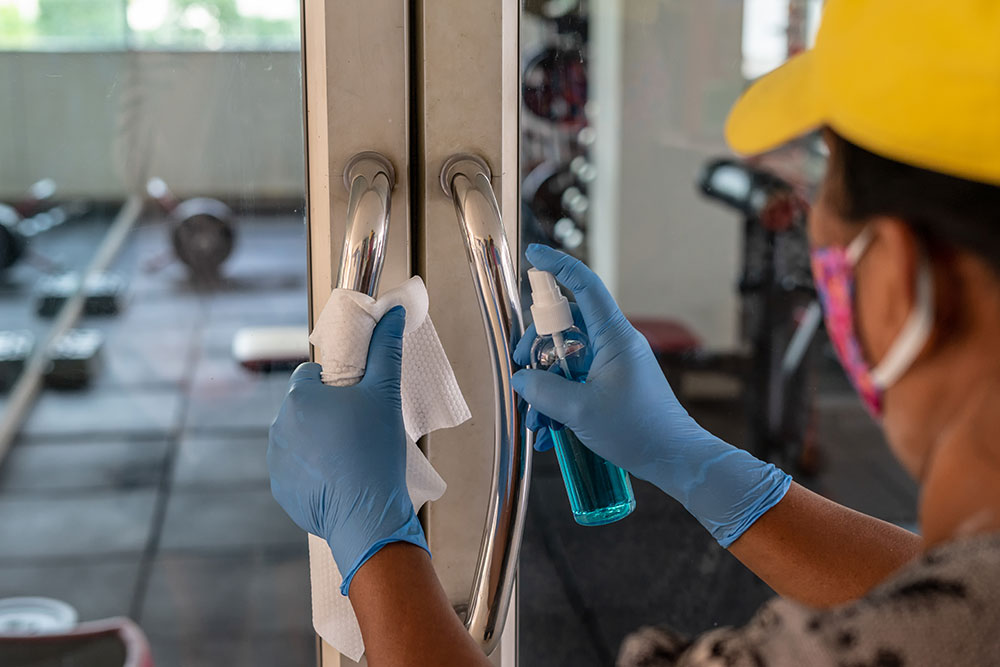
The COVID-19 Pandemic and Its Effect On Association Collections
The Moratorium on Sheriff’s Sales and Evictions.
Since the early days in March 2020, the discussion during the COVID-19 pandemic has been about, among other related issues, Stay at Home Executive Orders, closing and then opening businesses, flattening the curve, wearing masks and social distancing. These discussions and decisions are understandable however association collection attorneys, (on a less public stage) have dealt with attempts by the federal and state government to cease all association collection efforts as well as dealing with potential requests for accommodations based upon the failure of unit owners and homeowners to pay their Common Expenses or maintenance fees to their association.
During the past few months, associations, and by extension association collection attorneys, have been faced with a collection roadblock in that the County Sheriffs have placed a moratorium on all foreclosure sales and the Governor’s Executive Order No. 106 (“Order 106”) halted evictions as a result of a foreclosure action. Order 106 states that “Any lessee, tenant, homeowner or any other person shall not be removed from a residential property as the result of an eviction or foreclosure proceeding.” A survey of Sheriff’s Sales websites across the state makes it clear that the counties have now suspended or cancelled Sheriff sales for health reasons until further notice.
Although well intentioned, the cessation of Sheriff sales and the halting of evictions going on seven (7) months now has deprived associations of desperately needed funds to keep the association afloat, especially during these very challenging times. It is still unknown when and under what conditions Sheriff’s sales will resume (most likely when the economic impact is lessened and other required protections against the COVID-19 virus such as vaccines are easily accomplished). However, it remains clear that the resumption of Sheriff’s sales will greatly assist a condominium’s and homeowner’s associations in their ability to collect assessments.
Now, you may ask, how does a sale of a unit or home at a Sheriff’s sale assist the association in collecting maintenance fees or common expense assessments? For the most part, unit homeowners who are not paying their mortgages also are not paying their maintenance fees especially when the bank files for foreclosure. Accordingly, the sale of the unit helps the Association in a number of ways:
- The new purchaser at a foreclosure sale must pay the maintenance fees going forward from the sale;
- The new owner fees such as membership fees and capital contributions fees as may be required by the association’s governing documents must be paid upon sale; and
- The priority amounts as discussed below pursuant to the Lien Priority Law (up to 30 months of common expenses) must be paid by the purchaser to the extent that the association’s liens were filed before the first mortgage holder’s foreclosure filing.
All of the fees generated by foreclosure/sheriff’s sales provide a big boost to an association’s operating accounts which may have been depleted by the many years (in some cases) of the unit owner not having paid the maintenance fees/common expenses. Unit owners who have not paid their association fees for many years are gaining the benefit of staying in the unit even though the owner’s economic situation is for the most part unrelated to the COVID–19 pandemic.
Although not as commonly used by association collection attorneys as a foreclosure action, an execution against real property is a Sheriff’s sale of a unit pursuant to Court Rule 4:59, and thereafter the removal of the unit owner (if the association purchases the Unit at the Sheriff’s sale), can prove to be a very useful collection tool since an association could rent out the unit/home or sell it. Sale of the unit pursuant to rule 4:59(d)(1) requires the association to exhaust all efforts to collect on the personal property of the owner before sale of the real property (unit or home). However, with the moratorium on Sheriff’s sales the process of an association’s selling the unit/home and then evicting the resident is unavailable at this time.
Laws Passed in 2019 by the New Jersey Legislature Affecting Association Collections.
As mentioned above, the COVID-19 pandemic has stalled the effect of the positive legislation/laws that went into effect concerning association lien priority (“Lien Priority Law”) and the law limiting the foreclosing lending institutions to two (2) adjournments of foreclosure sales (“Adjournment Law”). Although the issue of lien priority has been written about by association attorneys for some time now (and to a lesser extent the Adjournment Law), a summary of these two laws identifies how the COVID-19 pandemic has affected an association’s collection efforts.
- Lien Priority Law
On March 25, 2019, both houses of the New Jersey Legislature unanimously adopted a law (seen here) which significantly expanded the lien priority over foreclosing lenders, and for the first time, granted the same lien priority rights to homeowner associations that previously was available only to condominium associations. Although this Lien Priority Law has been discussed in Becker’s prior Publications and Guides, a summary is provided here for ease of reference.
The essence of N.J.S.A 46:8B-21 (“the Lien Priority Law”) contained within the New Jersey Condominium Act (N.J.S.A 46: 46:8B-1 et. seq.) grants a lien priority of up to thirty (30) months, based upon a six (6) month priority lien being filed each year for five (5) years. This is a dramatic improvement over the prior lien priority in that it now applies to all community associations and is not limited to just one six-month lien priority over first mortgages as was the case before the new law. This is why filing liens each year is so important. However, the association’s filing of a lien is not effective after the filing by the lender of a foreclosure complaint or lis pendens thereby cutting off the association’s lien priority for that year and for subsequent years as long as the foreclosure process continues.
At Becker, we strongly recommend that association’s update their liens annually at the beginning of your association’s fiscal year, (even during the COVID-19 moratorium on foreclosures and evictions) to ensure the maximum protection and lien priority permitted by law. This recommendation applies whether a foreclosure has been filed or not by a mortgage lender since it is not unusual for the lender to take a dismissal or come to an agreement with the owner to modify and reinstate the mortgage. Once the foreclosure is dismissed then the association’s filed liens regain their priority to the extent applicable. Understanding the benefits, most associations will decide that the filing a lien, even if a mortgage foreclosure has been filed, is a reasonable protective measure to secure lien priority if the mortgage action is settled or dismissed.
- The Law Regarding Adjournments of the Sale of Real Estate.
On July 28, 2019, the Sheriff’s Sale Adjournment Law (“N.J.S.A. 2A:17-36” or “Adjournment Law”) was adopted without as much fanfare as the Lien Priority Law, but the Adjournment Law had the effect (prior to the foreclosure moratorium), of providing condominium and homeowner’s associations with the ability to more quickly collect funds from delinquent owners whose units are in the process of having their homes foreclosed upon. This includes sales of units and/or homes due to foreclosures and executions against real property. The Adjournment law states that:
“Adjournments of sale of real estate. Notwithstanding any other law or court rule to the contrary, a sheriff or other officer selling real estate by virtue of an execution may make five adjournments of the sale, two at the request of the lender, two at the request of the debtor, and one if both the lender and debtor agree to an adjournment, and no more, to any time, not exceeding 30 calendar days for each adjournment. However, a court of competent jurisdiction may, for cause, order further adjournments.” Emphasis supplied.
Prior to the adjournment law, mortgage companies could adjourn the sales of units and homes for many months until the mortgage companies decided to go through with the foreclosure, but based on the new law a lender can only stall, for the most part, for approximately two (2) months. Unfortunately, due to the COVID-19 moratorium on Sheriff’s sales, associations will have to wait for the moratorium to be lifted before they can take advantage of this law.
Summary.
Although well intentioned, the COVID-19 moratorium on the Sheriff’s sales and evictions, along with the horrific unemployment numbers, have negatively impacted association’s ability to receive timely payments towards delinquent owner accounts. It is still unknown when and under what conditions Sheriff’s sales and evictions will resume. Most likely it will be when the economic impact from COVID-19 is lessened, social distancing can be accomplished and other required protections (vaccines) against the COVID-19 virus are developed. However, it remains clear that upon the resumption of Sheriff’s sales and evictions, the assistance of the two statutes discussed above will help associations collection efforts in their more challenging collection cases.
For additional information concerning these laws and the moratorium on Sheriff’s sales, please contact any of our attorneys in the Becker Community Association Practice Group.





